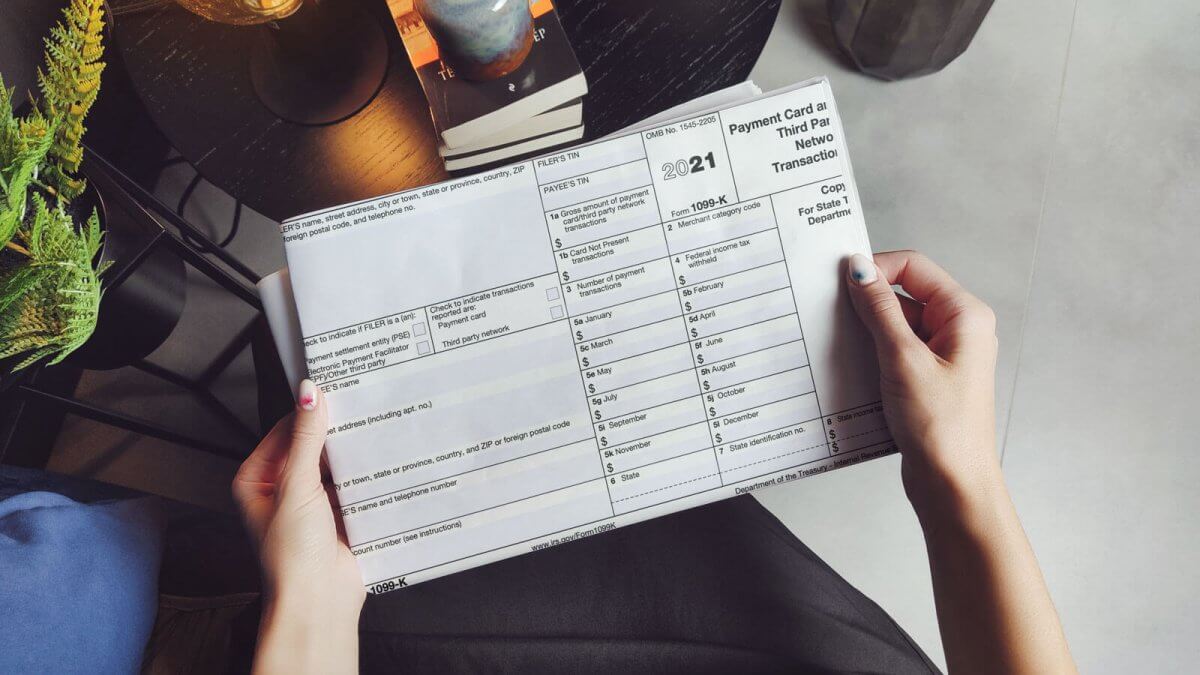As college students, many of us experienced purchasing expensive textbooks each semester only to resell them either back to our college bookstore or nowadays to unknown third parties via an online platform for some extra cash. Though this is a common practice for college students, most students are probably unaware of how they are legally able to engage in this activity.
For the answer, look no further than section 109(a) of the Copyright Act otherwise known as the First Sale Doctrine. This section permits the lawful owner of a physical copy of a copyrighted work to sell that copy without first seeking permission from the copyright owner. This section specifies that the copyright work must be “lawfully made under this title.”
So, what does “lawfully made under this title” actually mean? For copyrighted works manufactured domestically, there is typically no issue whether section 109(a) applies. However, do textbooks manufactured abroad then imported to the United States and resold also fall under the First Sale Doctrine?
That is precisely the question the United States Supreme Court is considering after hearing oral arguments today for the Kirtsaeng v. John Wiley & Sons, Inc. case.
Here are some details about the case:
The Facts
Kirtsaeng came from Thailand to the U.S. as a student to study at Cornell University and University of Southern California. Kirtsaeng realized that foreign textbook editions were similar to those for the U.S. market but sold for a much lesser price in Thailand. During his time as a student, Kirtsaeng alleviated his educational expenses by relying on his friends and family to send him foreign edition textbooks produced abroad by Wiley Asia (a wholly owned subsidiary to John Wiley & Sons, Inc. (“Wiley”), which he then resold on commercial websites such as eBay. After reimbursing his friends and family for the cost the textbooks and shipping, Kirtsaeng kept the remaining profits for himself. Court records indicate his profits amounted to about $100,000 (though this number is not confirmed). Ultimately, Wiley brought suit against Kirtsaeng in the United States District Court for the Southern District of New York alleging copyright infringement among other legal claims.
Arguments
While Kirtsaeng defends his actions by relying on the first sale doctrine codified in section 109(a), this case involves the interplay of other sections of the Copyright Act – section 106(a)(3) and section 602(a)(1). Taking a closer look at these sections, section 106(a)(3) allows copyright owners “to reproduce …prepare derivative works… and distribute copies…” of copyrighted works. Additionally, section 602(a)(1) bars the importation of copies of copyrighted works that have been purchased abroad into the United States. Wiley relies on section 602(a)(1) by contending that “lawfully made” refers to lawfully made in the United States. Therefore, Kirtsaeng infringed on its copyright because the textbooks in question were produced abroad and not domestically.
The district court ruled in favor of Wiley, which the Second Circuit affirmed by determining that the first sale doctrine does not apply to foreign made products.
Implications for the U.S. Economy
Internet commercial websites have played a significant role in the secondary market. Online retailers, libraries, and secondhand stores are rallying behind Kirtsaeng to protect the “gray market.” According to eBay, if the Supreme Court upholds the Second Circuit’s ruling, this could lead to detrimental effects on e-commerce, small businesses, and jobs.
Regardless of the Supreme Court’s decision, the Court’s ruling will have an impact on the economy. Until the Court reaches a decision, it will leave us grappling with tough questions. Will rights owners be allowed to continue engaging in price discrimination from market to market? Or, even more importantly, as the U.S. seeks to bring manufacturing back within its borders, will the Supreme Court’s support of the Second Circuit’s decision create incentives for offshore manufacturing?
What Do You Think?
As the Supreme Court considers this case, tell us what you think. What’s your take on this important case?










